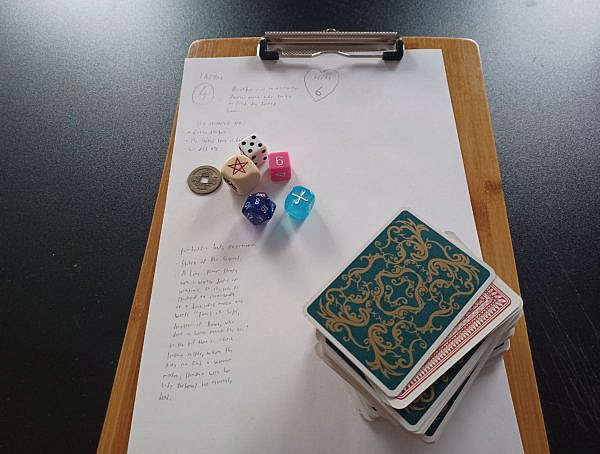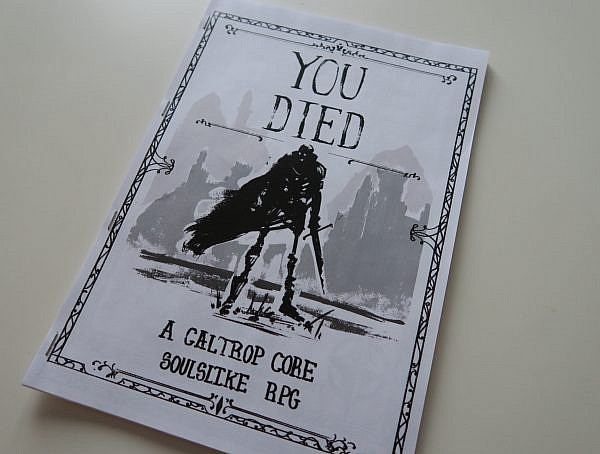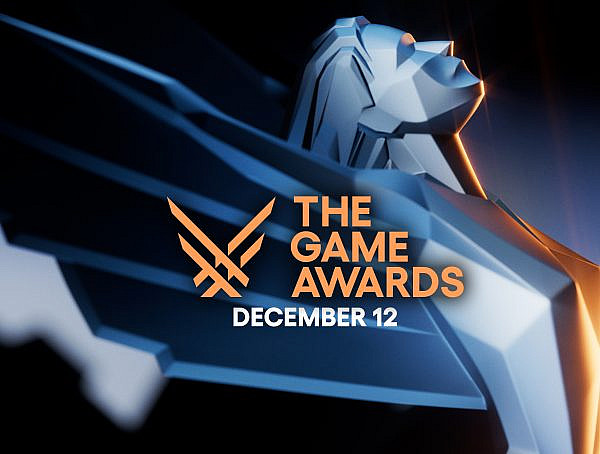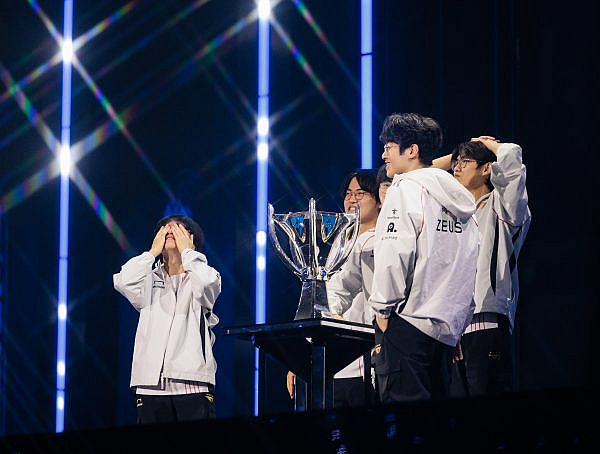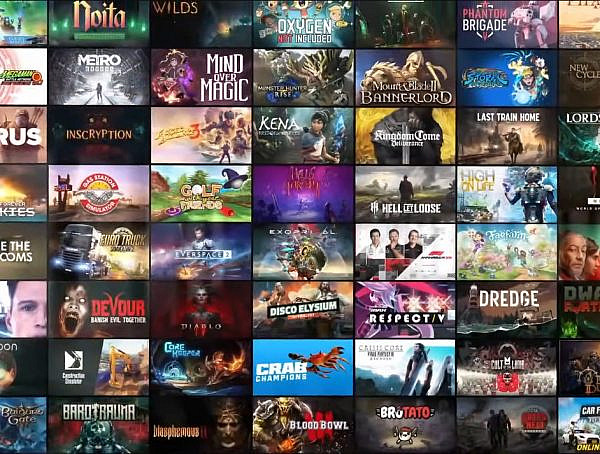You prepare yourself, sword and map at the ready, hungry for adventure, friends by your side and dice in your hand. TTRPGs can offer a vast array of co-created experiences and no time, even if playing the same one-shot, will be the same as the last. A few weeks ago, both of us participated in the organised Game Studies TTRPG Nights that take place in Bar & Cafe Lategame and frankly, we had so much fun! The TTRPG that we played is called Swords of the Serpentine: Losing Face. Swords of the Serpentine is a swords and sorcery mystery game that runs on the GUMSHOE-system. The GUMSHOE-system leans on investigations and the players use the skills of their characters to search for clues, rather than rolling the dice. During the game all the players were given a lot of narrative control, such as being asked to give detailed descriptions of certain settings and actions. This is what made the game truly unique for the both of us. We thought it would be interesting, because of this variety of interactions and variables that make up a session, to display our thoughts as individuals. Seperate, but working together, just like that night, to create a bigger narrative in the end. This article presents both of our thoughts in tandem, marked by our initials.
Z: Before even playing in my first ever TTRPG campaign, I was already familiar with roleplaying in other forms, mostly through theater. While acting in musicals certainly never reached the same level of improvisation, it acted as a teaser for things to come. There is something uniquely satisfying about working in a group, bringing tales to life, together. When I entered university, I finally had the chance to give tabletop gaming a chance. Even though I have not managed to play as much as I would like, I have a grasp of how it is supposed to feel. And honestly, sometimes that is even more important than knowing the rules by heart. A successful session is a deeply cooperative experience. Depending on the system, the GM, you and your friends’ moods that day, or even the weather, something might not go well. While I genuinely love TTRPGs, I tend to be quite self-conscious about my “performance”. I would never want to sour the vibe for my teammates by not adhering to my role which, sadly, only makes me more stressed about it sometimes. So, I will not hide the fact that I was equally excited and nervous stepping into Lategame that evening.
A: I think that tabletop role-playing games are a very fun and unique form of interactive storytelling, and I have been interested in the concept for quite many years at this point. However, I have always found things like improvisation something that is way out of my comfort zone, and that kept me away from joining in any TTRPGs for some time. This year I finally decided to give them a try anyway, and I am happy that I did. The times I have gotten to play have been very fun and exciting. That being said, I am still very much a newcomer. I do have a little bit more experience with things like computer role-playing games though, so I am not completely new to the whole concept of roleplaying.
A: When I heard that Swords of the Serpentine: Losing Face has an element where the players are given a lot of narrative control and are asked to actively take part in worldbuilding by providing detailed descriptions, I was a bit nervous. Mainly because I am still very new to TTRPGs, and find things like storytelling and creative writing difficult and something I would rather not engage in. At first it definitely did not sound like an activity I would find pleasant, but I was still intrigued and decided to take a risk and try out the game. Surprisingly, the experience turned out to be a very positive one, and I did not feel uncomfortable or out of place at any point during the game. I am very glad that I decided to step out of my comfort zone, as it made me realize that maybe things like improvising and taking a more active part in the storytelling might not be so bad after all.
Z: I remember us being huddled around the table, having the rules and setting explained to us. I remember my immediate excitement upon hearing that we as players would have a hand in the narrative and environments. As someone with a “slight interest” in worldbuilding (I only wrote my bachelor’s thesis about it), this was kind of groundbreaking. The approach of “setting up the scene” after transitioning to a new scenario by asking us various questions (What does the place look like? What is an interesting detail about it?) helped me feel more immersed in the story. Obviously, most TTRPGs involve their player in the narrative in some way but S&S really invoked this feeling of peeking behind the curtains, letting you step in the GMs shoes for just a moment. As I have been having this itch of GMing my own game (but alas, am a bit intimidated) this gave me some confidence and a taste of power that I might just get used to…
A: I think that one of the main reasons for my good experience was the group I was playing with. The GM ran the game with beginners in mind, and the approach towards the narrative control was also very beginner friendly. When it came to describing certain scenes the GM would ask the players questions about the setting, like “What is the neighbourhood like?” This approach provides a very low threshold to engage actively in the storytelling, and also through that in roleplaying. It was possible to discuss the questions with the other players, so it was not like one was forced or pressured to come up with a detailed description completely by themselves if they had difficulty.
Z: That night, I got up from our table filled with good memories and a feeling of complete satisfaction. I was able to fully immerse myself in the setting and really feel like my voice and actions had impact thanks to both my teammates and our wonderful GM. It really is amazing how elegantly the system manages to nudge participation without feeling too pushy or too lax. There is a fine balance to be found there, and I think it hit it pretty well on the head! Especially comparing it to other mainstream systems such as D&D or Chronicles of Darkness, it brought a breath of fresh air to my tabletop encounters. Even though our adventure was only a one-shot campaign, the coming of night bringing its end, I will hold onto the feeling of it for much longer.
A: I too have good memories of that day. The group I got to play with was very nice and the system was fun. It was also the most narrative control I have been given during a TTRPG, and it was done in a way that was inviting and easy even for a newcomer who is slightly scared of being put into situations that require improvising.
TTRPGs are their own special ecosystems. Managing and understanding all these moving parts can be intimidating for a new player (and some old ones). Despite our different histories with roleplaying games, both of us had a great time getting into hijinks that evening. So, for any fans of making up stories and acting in fun scenarios we would recommend giving Swords of the Serpentine a chance!
You might also like
More from Features
Game Awards – Celebration of talent or a Marketing Extravaganza?
The Game Awards 2024 is over and the winners are announced. However, are they still following the same pattern that …
Worlds in a Finnish Theater: League Finals, Community, and Döner Kebab
I travelled to Helsinki to watch League finals in a cinema, and it was worth it. #leagueoflegends #esports #community #worldfinals
Playing Under Pressure: The Struggle of Staying Current with New Game Releases
With the new year having just arrived there's plenty of new games coming out soon to look forward to. But …







